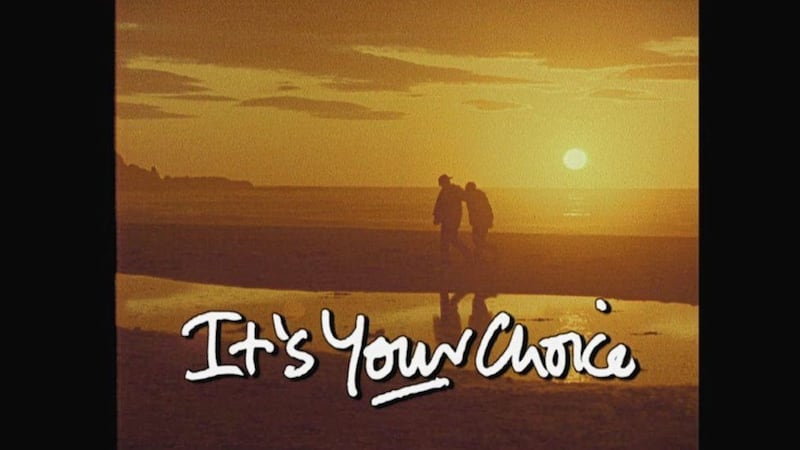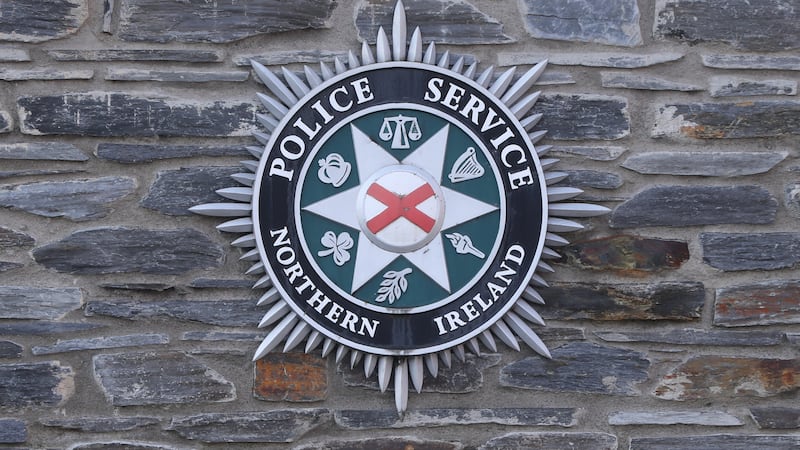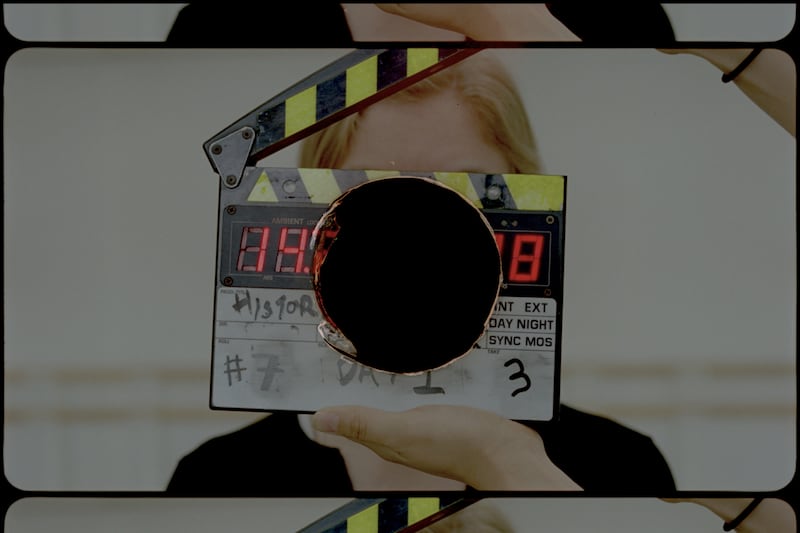FORMER Secretary of State Mo Mowlam believed the iconic NIO multi-million pound TV `peace' advertising campaign was a waste of time and money, according to a new documentary.
The ads, first screened in January 1988, were first promoting a confidential telephone line to help the authorities halt loyalist and republican paramilitary activity.
The NIO financed 25 between 1988 and 1998, starting with shocking depictions of shooting, before becoming more optimistic and upbeat.
Tonight's BBC programme, `Ads on the Front Line', reveals how they evolved from an initial idea for a programme praising the work of the RUC and British army.
Andy Wood, a former NIO director of information, said that had been the idea of then secretary of state Tom King, but was turned down by broadcasters, leading to the formation of a plan for paid adverts on UTV.
This won the approval of the Independent Broadcasting Authority.
However, when they aired during Ms Mowlam's tenure she was less than impressed, the programme reports.
Mr Wood said American singer and peace campaigner Pete Seeger had not sought payment for the licence of his song `Turn, Turn, Turn'.
The films evolved after the 1994 ceasefires to 'sell' the possibility of peace - using the Seeger penned song..
Mr Wood said when contacted by NIO officials he told them: "You can use it for free worldwide, I won't charge you a thing because I am so impressed by what's happening in Northern Ireland."
In total 12 `feel-good' films were produced at a cost of £2 million, including Morrison's tracks `Have I Told You Lately', `Brown-Eyed Girl' and `Days Like This'.
Former Sinn Féin publicity director Danny Morrison denounced the adverts as propaganda which had no effect in the republican community.
He said they ignored the violence coming from the state and simply tried to encourage people to become informers.
"I don't believe for a second they felt they were doing good. They felt that they were taking part. They were fighting their side of the war and this is the way they did it," he said.
PUP leader Billy Hutchinson agreed the ads were an attempt to demonise "combatants".
The ad team behind them said there was a 729 per cent increase in the number of "useful or genuine" calls after the ads.
DUP MP Jeffrey Donaldson said "even the politicians were influenced by the adverts, if nothing else, it re-affirmed us in our sense that we had at least to give this a chance".







